Category: Legal Parlance
-
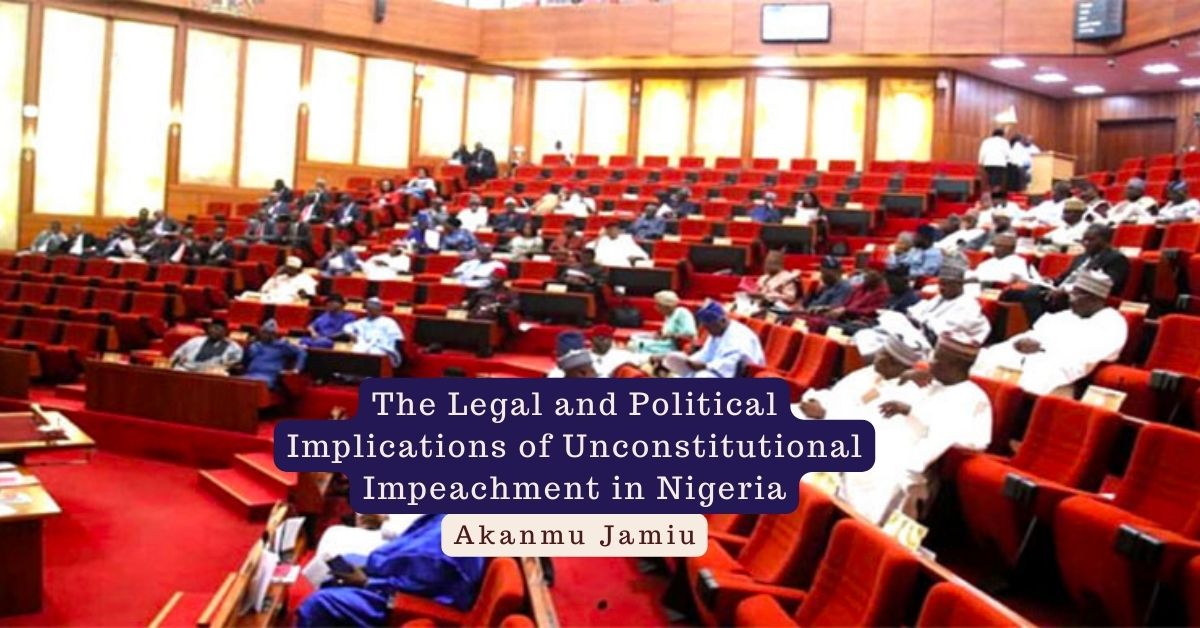
The Legal and Political Implications of Unconstitutional Impeachment in Nigeria Abstract One of the interpretations given to the concept of the rule of law is that of equality of all persons before the law, this implies that all person’s conduct and actions whether of noble, government officials, or mere citizens must conform with the general…
-

Illegitimacy Abolished in Nigeria According to the law, there are two types of juristicpersons- the natural and the artificial person. The natural person in the eyes of the law may be born legitimate or illegitimate. The significance in the difference is profoundly fundamental due to the consequences of the status of the child in regards…
-
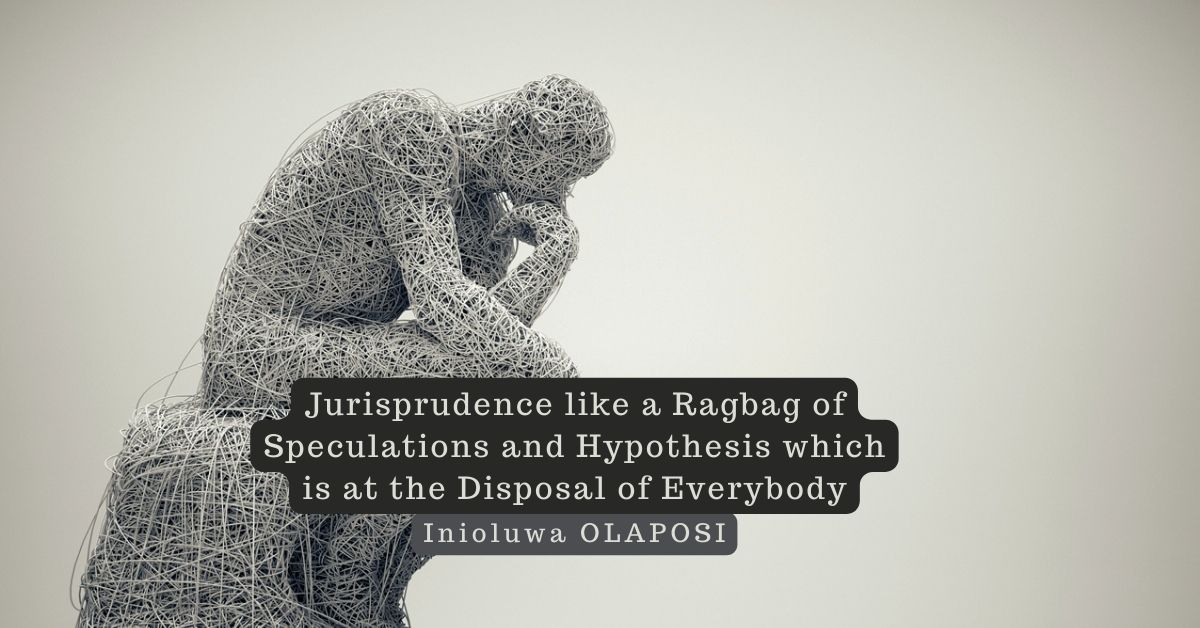
Jurisprudence like a Ragbag Abstract In Legal Philosophies (1997) J W Harris says (p.1) “Jurisprudence is a ragbag. Into it are cast all kinds of general speculations about the law. What is it for? What does it achieve? Should we value it? How is it to be improved? Is it dispensable? Who makes it? Where…
-
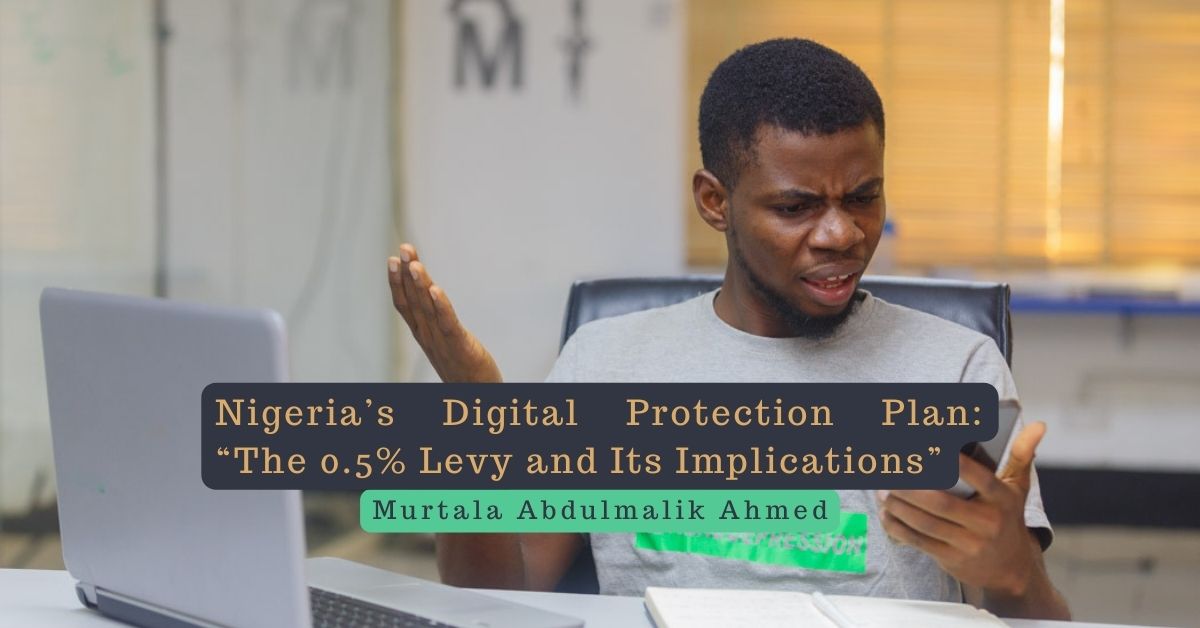
Nigeria’s Digital Protection Plan: “The 0.5% Levy and Its Implications” For the past few years till date, the Nigerian economy has been experiencing severe decline in almost all its sectors, especially the economy. Inflation and currency devaluation has become the order of the day. In response to this, the Nigerian government was prompted to take…
-
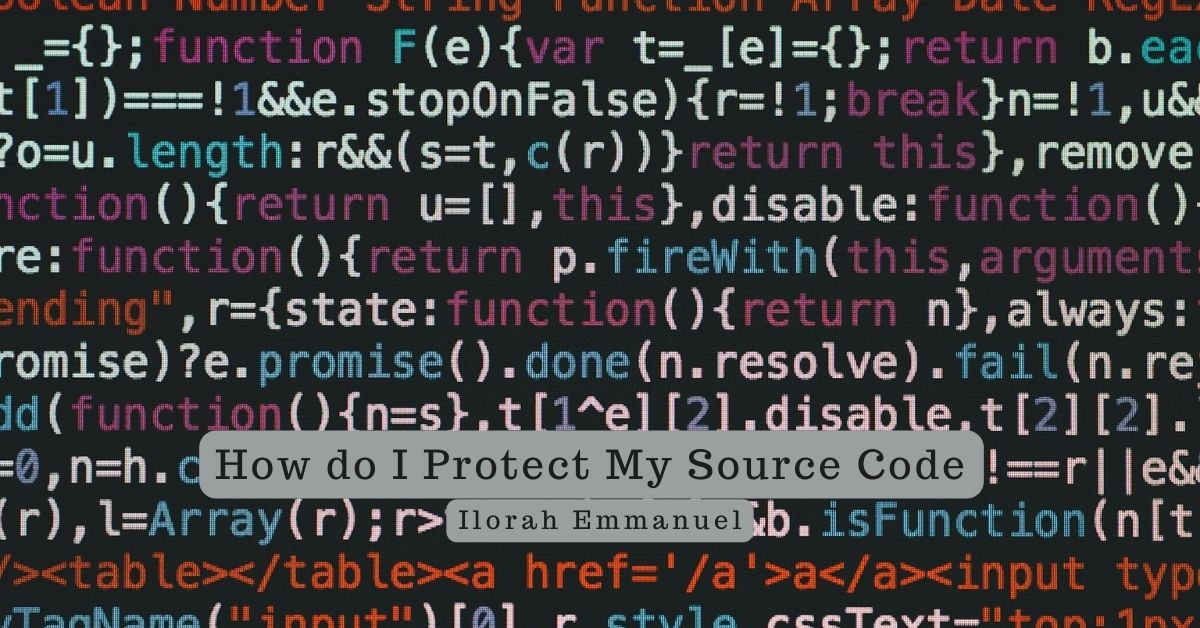
How do I Protect My Source Code Introduction Legitsecurity.com reports one of the most notable code leaks in 2022. That of Toyota. This led to a leak of more than 300,000 customers’ personal info amidst other security breaches and threats.[1] A code theft was reported earlier on February 2004 on the theft of the Windows…
-
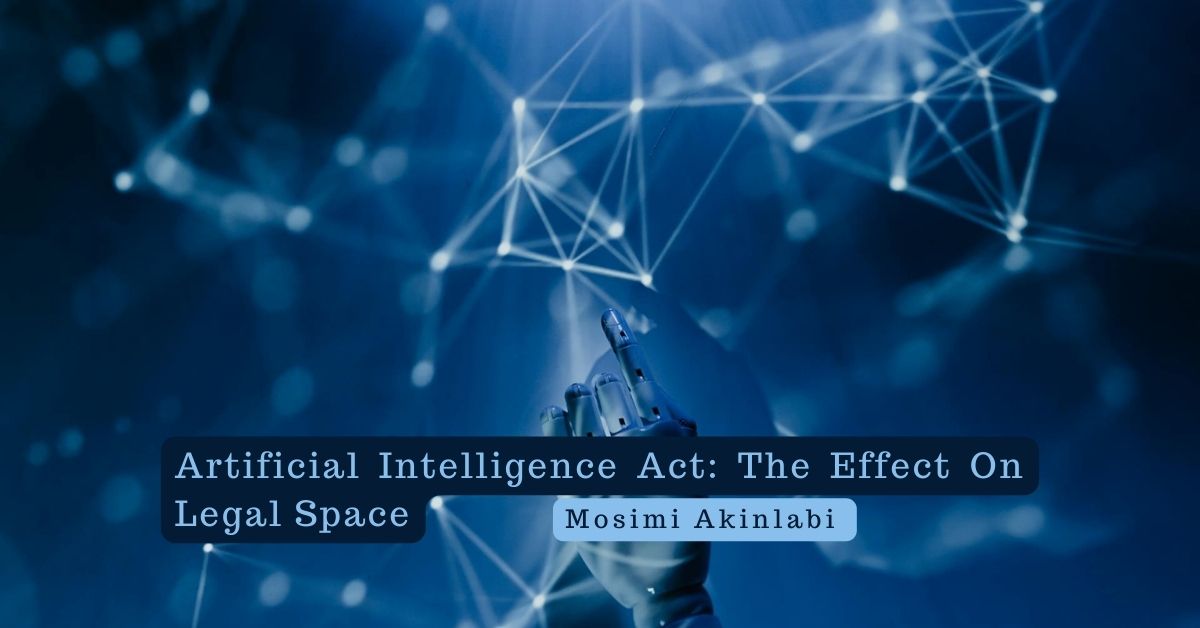
Artificial Intelligence Act: The Effect On Legal Space Artificial Intelligence(AI) has started influencing many parts of our lives. AI systems have the potential to become one of the most powerful technologies in existence. For this reason, some form of regulation is unavoidable. European Union(EU) is taking on a pioneering role to ensure that obligation is…
-

Exploring The Potential Impact Of Naira Stablecoin On Nigerian’s Financial Landscape Introduction As the digital currency landscape evolves globally, the introduction of a stablecoin tied to the Nigerian Naira raises questions about its implications for financial stability, inclusion, and economic growth. On the 4th of January 2024, the Africa Stablecoin Consortium disclosed that they are…
-
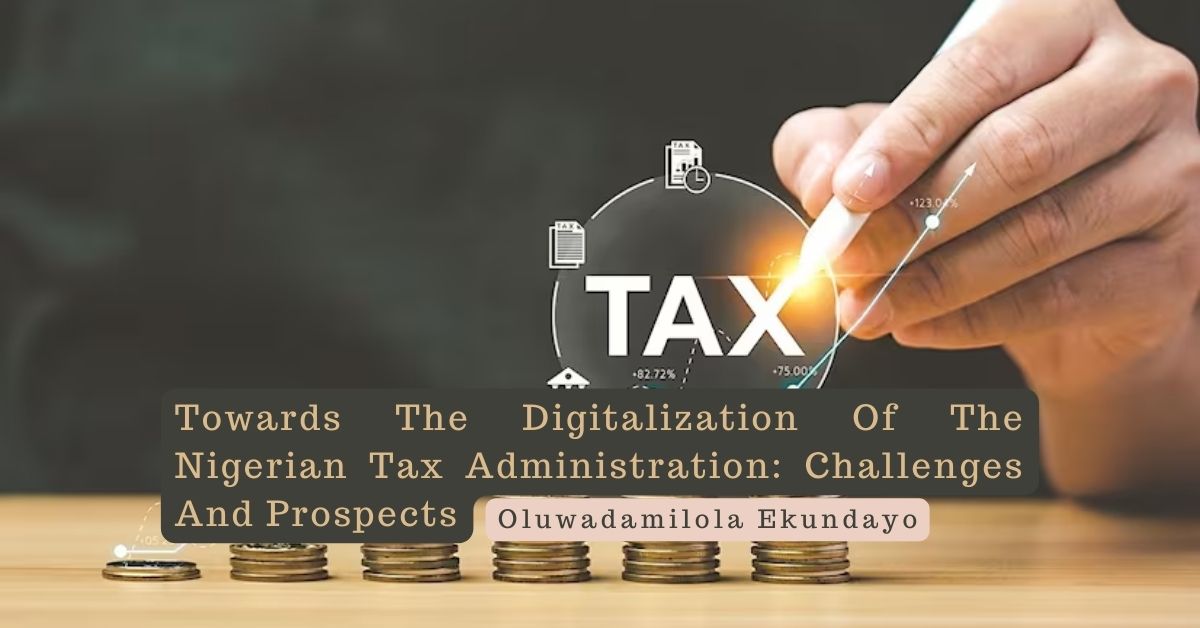
Towards The Digitalization Of The Nigerian Tax Administration: Challenges And Prospects Introduction The unapologetic impact of the fourth industrial revolution (4IR) on global economic sectors and administrations has accentuated the move towards seamless digitalization. In short, as novel applications such as the Internet of Things (IoTs), Artificial Intelligence (A.I), Big Data Analytics and Cloud computing…
-

A Tour Into Rules Of Professional Conduct (RPC): Whether A Lawyer Can Call Onto His Client’s House To Collect Brief Every profession under the eyes of the sun has an ethics whose contravention amount to sin, sacrilege and desecration of the profession. However, there is no profession on earth which is embellished with ethical conducts…
-

Jnr Pope’s Death : A Case of Negligence in Tort? The Story The 10th day of April, 2024, was a gloomy day for the Nollywood industry and in extension, Nigeria as a whole as nollywood actor, John Paul Odonwodo, popularly called Jnr Pope, and four others lost their lives when their boat capsized in the…
